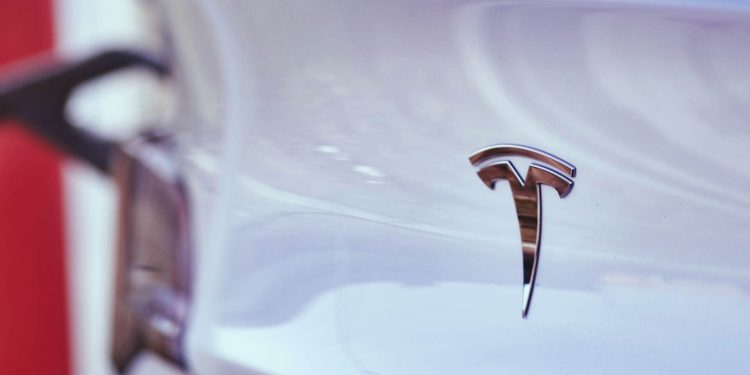Is Elon Musk making EV buyers shun Tesla?
Words/Images NZ Autocar
Tesla electric cars are popular but Elon Musk and his role in the Trump administration polarises opinion.
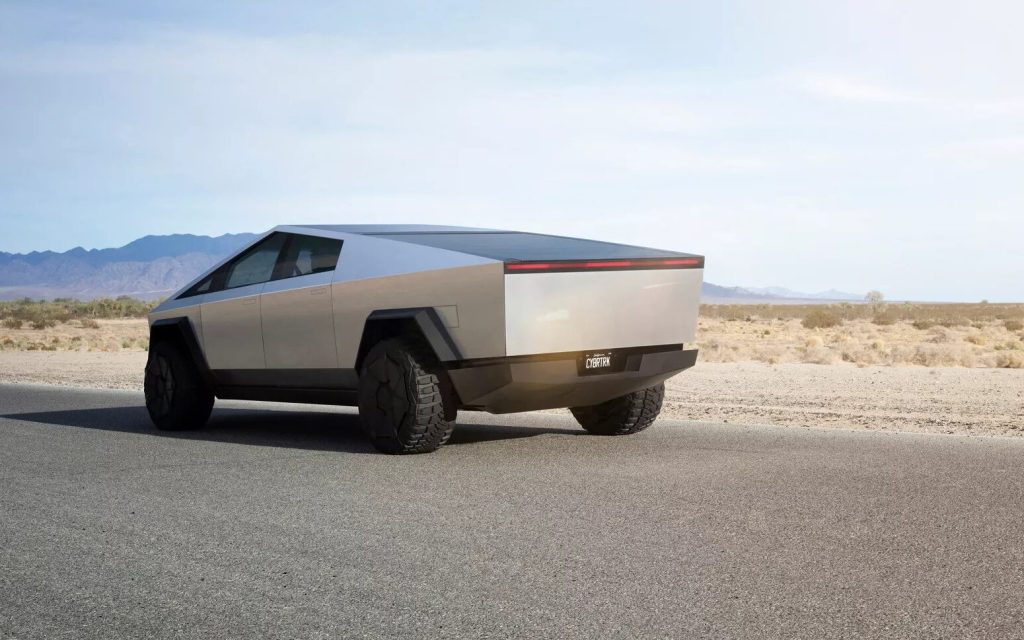
Global Tesla sales fell in the first quarter of this year. While revenue was down by just under 10 per cent, profits slumped by 71 per cent compared with Q1 2024.
What was once the golden share of the US stock market has lost some of its glitter. The share price has slipped by around 40 per cent since the start of this year.
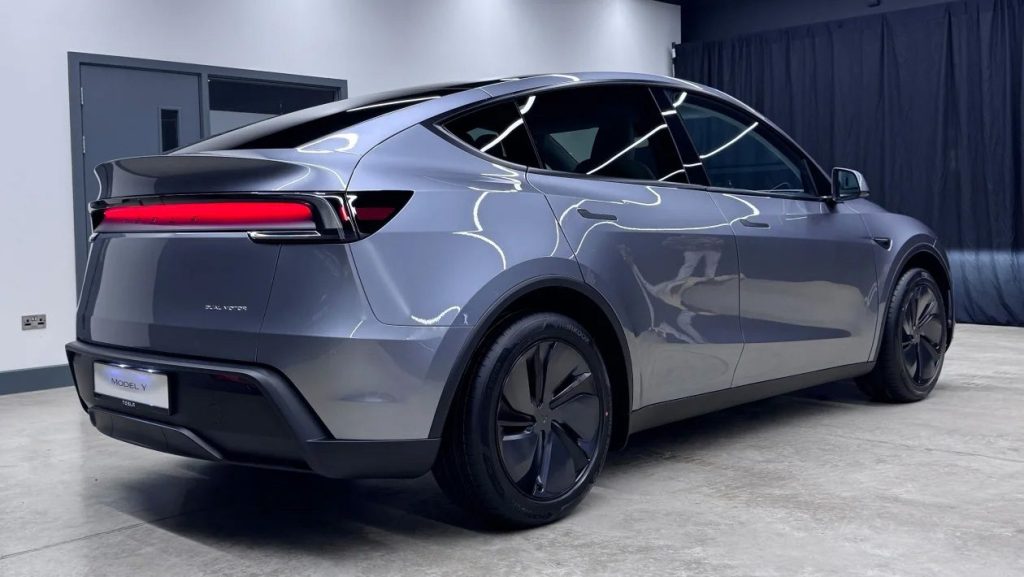
Sales of Teslas are down by 13 per cent compared with the first quarter of 2024, and automotive income is off by 20 per cent. However, this has been offset by gains in Tesla’s energy division. Moreover, Tesla benefits greatly from the purchase of carbon credits by other car makers, to the tune of almost $600m in the period.
Despite that, Tesla told shareholders that ‘changing political sentiment’ could impact on demand for Tesla products this year.
Read here how Tesla could benefit from Trump’s tariffs.
Which essentially means that not all people like what Musk is doing as Trump’s leader of Doge (Department of Government Efficiency). This agency is tasked with cutting federal spending and has resulted in mass layoffs of government officials.
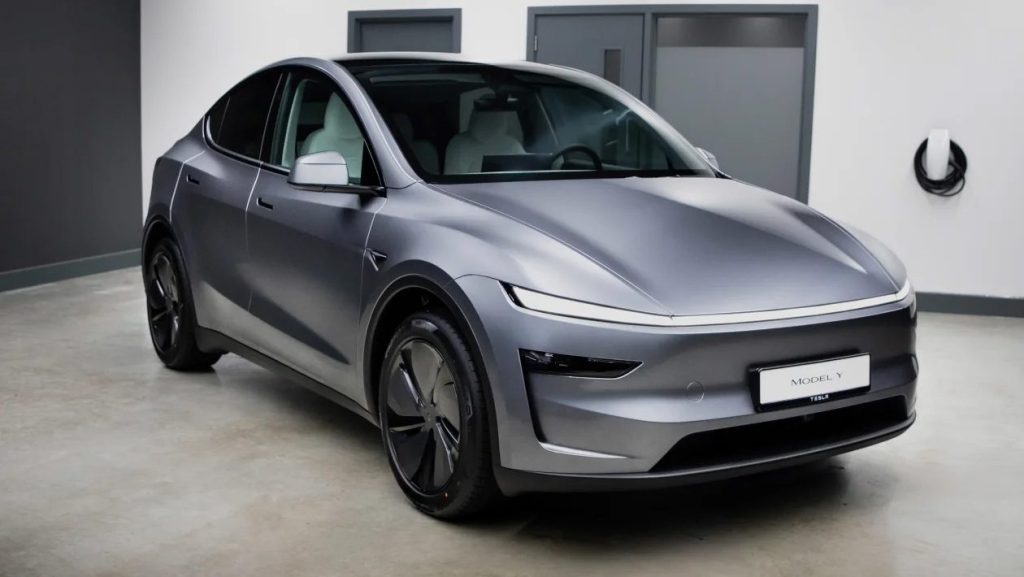
Investors are also concerned that Tesla’s boss has taken his eye off the ball while spending so much time in his new role.
However, Tesla was already in a spot of bother before Musk took joined the second Trump government. Increasing competition from Chinese electric car makers, particularly BYD, has had an impact on Tesla’s momentum. And now Trump’s tariff agenda threatens a global economic slowdown.
The number of Tesla owners trading in their cars has grown, leading to a fall in retained value. And adverse publicity because of Musk’s new position has led to protests outside of Tesla dealerships.
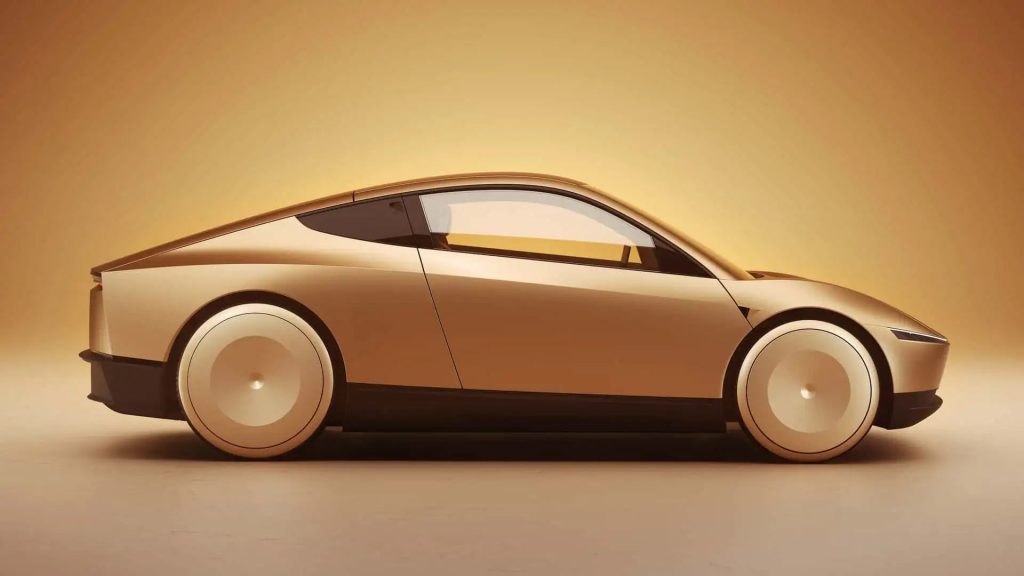
Investors are losing patience with Musk, attributing most of the company’s woes to his role in Doge.
Musk and the Trump government have said that his work is due to end in about a month. Whether this and Musk’s aim to make Tesla primarily a manufacturer of self-driving cars is sufficient to stem the tide of uncertainty remains to be seen.


